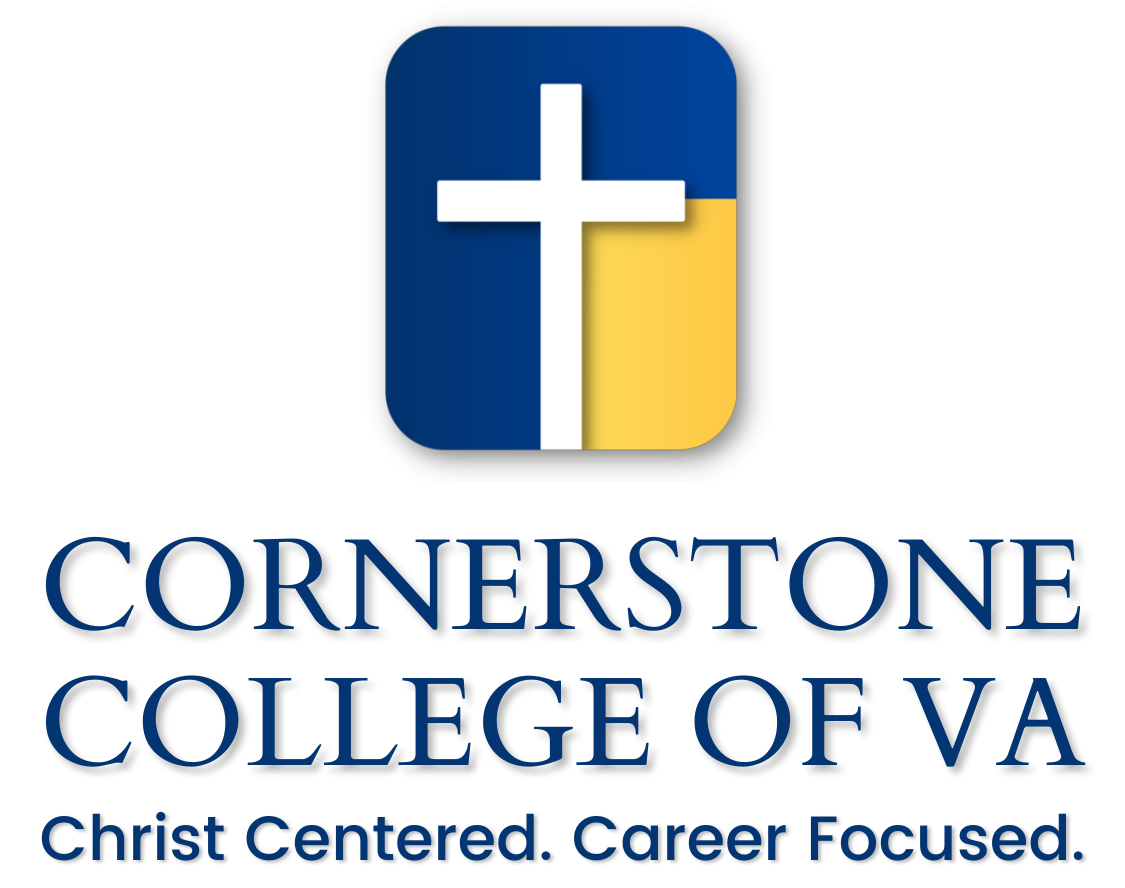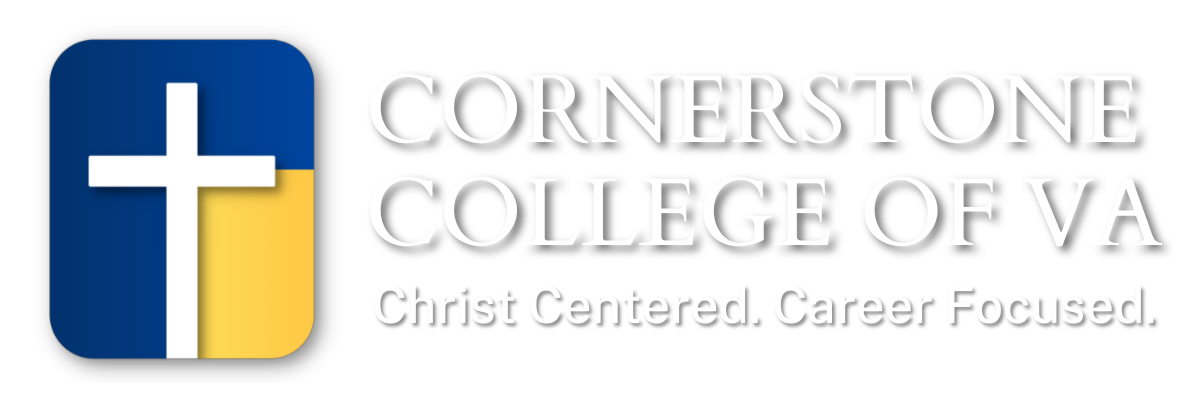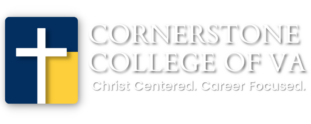Did I Plagiarize?
- Samuel Rhoades
What is Plagiarism?
In today’s world, information is abundant and easily accessible, thanks to the advent of technology. However, with this ease of access comes the darker side of information sharing – plagiarism. Plagiarism is a term used to describe the act of using someone else’s work or ideas without giving proper credit. It’s a serious offense, and it can have far-reaching consequences. It’s therefore, essential to identify plagiarism and work towards avoiding it. In this blog post, we’ll discuss tips and tools to help you identify plagiarism and ways to avoid it in your work. So, whether you’re a student, teacher, writer, or an avid reader, this post is for you. Let’s dive in!
Learn to Identify Plagiarism
Identifying plagiarism in your own work is crucial to maintaining academic integrity and avoiding potential consequences. One effective method is to use plagiarism detection software such as Turnitin or Grammarly. These tools can compare your writing to a vast database of existing content and highlight any areas where similarity is found. Additionally, you should be aware of the different types of plagiarism, such as copying and pasting, paraphrasing without proper citation, and self-plagiarism. It is important to regularly review your work and check for proper citation and attribution to ensure that all sources are properly credited. Ultimately, taking the time to identify and correct any potential instances of plagiarism in your own work ensures that you are upholding academic standards and maintaining your credibility as a writer.
Ten Tips for Avoiding Plagiarism
1. Always use quotation marks for direct quotes from an author’s work and properly cite the source.
2. Paraphrase correctly by changing both the wording and the sentence structure of the original text and cite the source.
3. Keep track of your sources by taking notes and organizing them properly.
4. Use a plagiarism checker software tool to scan your work before submitting it.
5. Understand the style guide that is required for the assignment and adhere to it.
6. Seek help if you are unsure of how to properly cite or reference your sources.
7. Use multiple sources to support your arguments, and not rely solely on one source.
8. Display your own ideas and analysis in your work, rather than simply copying and pasting ideas from other sources.
9. Be cautious of online sources and blogs, as they may contain inaccurate or unreliable information.
10. Always give credit to the original author, even if you have modified the wording or sentence structure.








At Cornerstone, I am able to take courses at cheaper tuition rates than other colleges. Plus, the professors are very friendly and every class feels personal.
Daniel Gowaty CCV Student